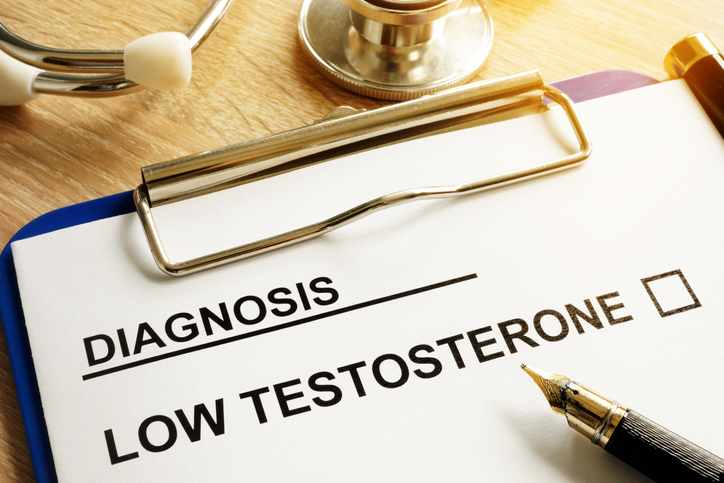Low T Got You Down? Here’s How You Can Boost It

How To Boost Low T
There are a number of lifestyle factors that can contribute to a lower testosterone level. The effects of a too-low testosterone level can range widely but are generally negative. A normal level of testosterone is necessary for a person’s health – male or female – and when it’s out of whack it can contribute to weight gain, body composition, fertility, sex drive, and more. When your testosterone is running low, what can you do about it? Here are a few ways to help increase your testosterone levels.
Catch Some Zzzs
Getting consistent, and enough, sleep is important to your overall health for many reasons, and testosterone levels is one of them. Our bodies are finely tuned machines and can survive on restricted sleep, but in order to do so they have to make some adjustments. Unfortunately, if you consistently under-sleep, one of those adjustments may include lowering your testosterone up to 15%. Aiming to consistently get 8 hours of sleep a night can help maintain your testosterone levels.
Increase Activity
Society has shifted. More of us than ever are living more sedentary lifestyles, finding fewer and fewer pockets of time in which to be physically active. But if testosterone levels are a concern, making physical activity a priority is a must. With a consistent schedule of 3-5 days a week with a workout requiring moderate to high levels of physical exertion you can count on your testosterone levels staying solid. When it comes to being physically active – try not to overdo it. Working out too much can result in low testosterone, too. Strike a happy medium here and your testosterone levels will thank you.
Reduce Stress
We’ve heard it before – testosterone produces cortisol, and cortisol is the enemy of testosterone. And yet, many of us lead high-stress lives. Whether it’s because you’re ambitious and career-minded, facing a difficult time in your personal life or in the office, or any number of other contributing factors, when stress levels go through the roof, testosterone levels go down. Chronic stress can wreak havoc on a person’s body and cause a number of imbalances, testosterone included.
Try meditation, cognitive behavioral therapy, focused breathing, cutting caffeine, journaling, and other stress-reduction techniques to determine what works best for you.
Watch What You Eat
Diet can also impact your testosterone levels and have you facing low testosterone if you’re not careful. A balanced diet can elevate your health in countless ways – energy levels, mental clarity, and physical performance capability are just a few. If you’re worried about your hormone levels, avoid yo-yo dieting, which can seriously disrupt them. Balancing healthful fats, carbs, and protein alongside the bountiful vitamins and minerals you’ll find in fruits and vegetables will keep your hormone levels balanced and in check, too.
Testosterone Therapy
Though making adjustments to your lifestyle, diet, activity levels, and stress levels can all do wonders for your testosterone levels, sometimes those things just aren’t enough. If you lead a healthy, active lifestyle with as much stress reduction as possible and you’re still struggling with your testosterone levels, you’re not alone. This is a common problem that we at ReviveMD understand completely. When lifestyle changes just don’t cut it, hormone replacement therapy may be what you’re looking for. Testosterone therapy can boost Low T and help get you back to feeling and functioning your best. Want to learn more? Contact us today.



